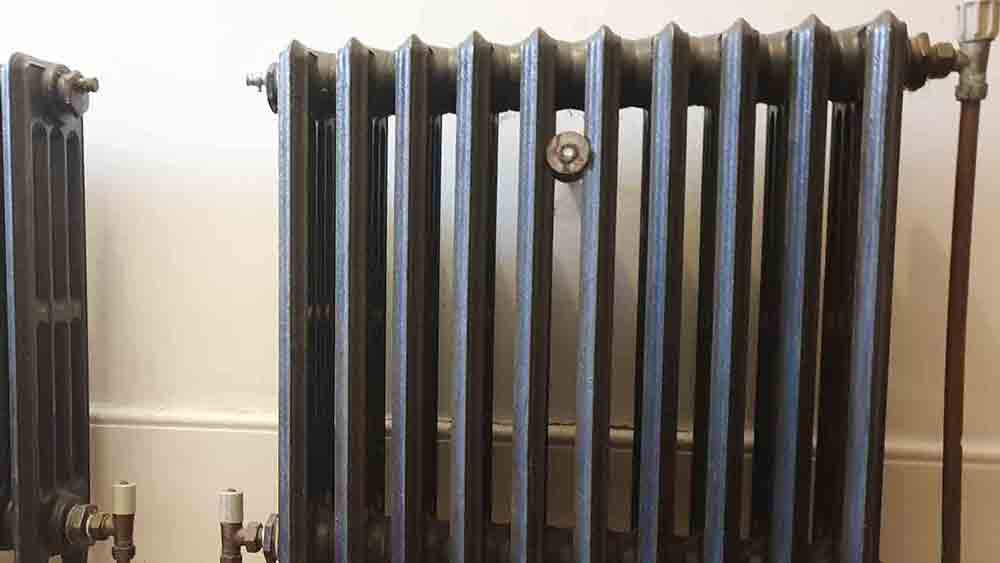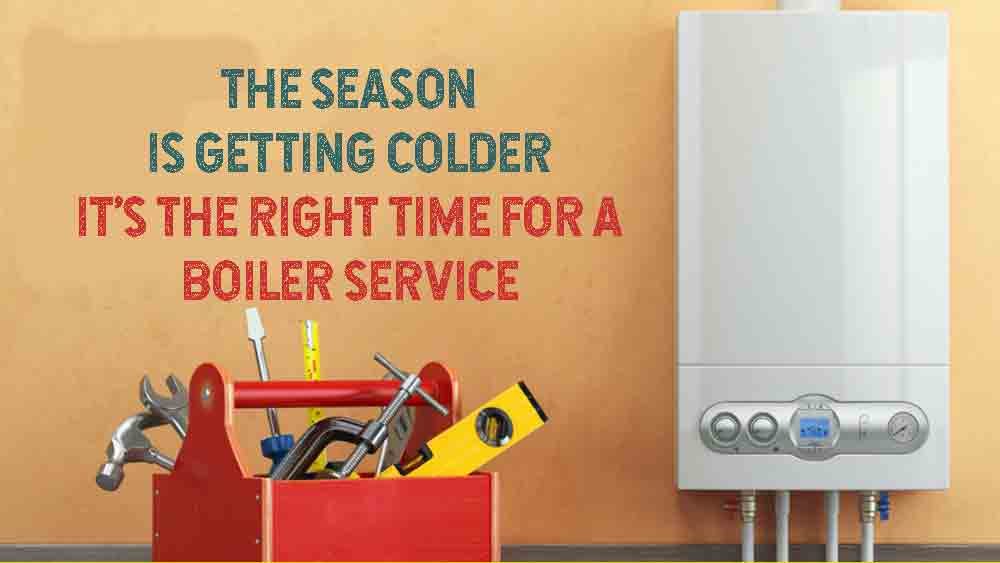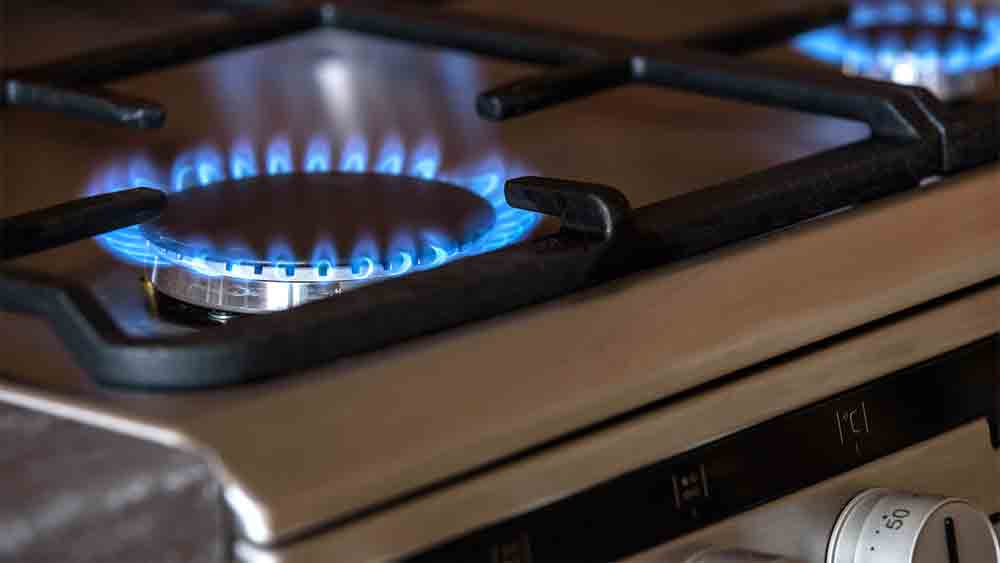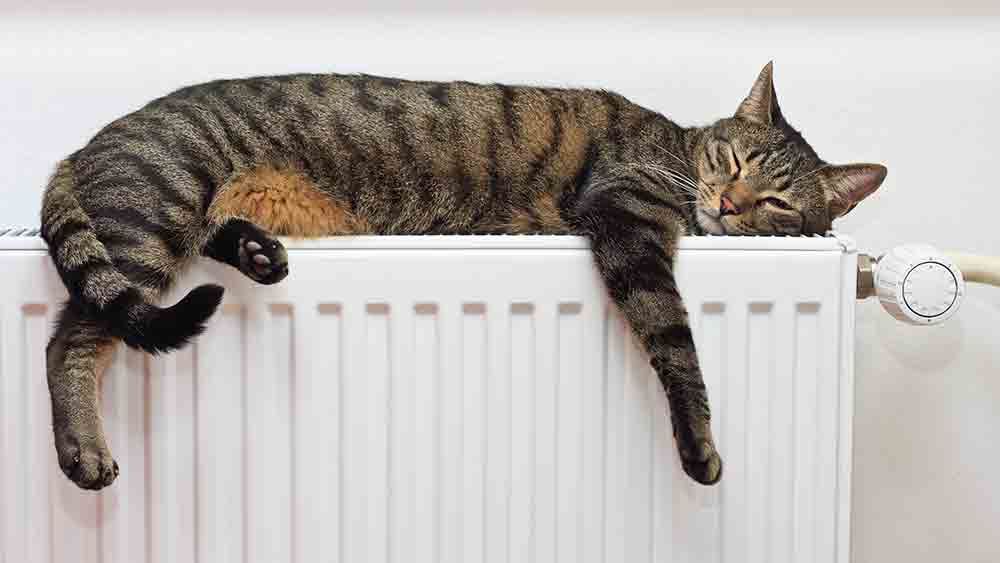Do You Need a Heating System Flush?
These are the signs to look out for:
- Radiators are hot at the top but cold at the bottom
- Ground floor radiators are much colder than upper floors
- Certain radiators struggle to heat up
- Black or dirty water when bleeding radiators
- Heating system takes a long time to warm up
- Noisy boiler, pump, or radiators
- Radiator pipework gets hot, but radiators don’t
- Higher energy bills
If your heating system has any of these symptoms then you will probably benefit from a heating system flush. Get in touch we can help.
What Is The Problem?
Over time all heating systems will start to become blocked with a black sludge known as magnetite. It is made up of dissolved rust and metal from inside the pipework and radiators in your central heating system. This sludge is created over time when air and water react with ferrous metals such as radiators and copper pipework that make up you heating system. Heating System Flushing can remove this debris from your heating system.
The build-up of sludge in a system can lead to several problems, including:
- Cold radiators
- Blocked pipework, leading to restricted water flow and poor heat circulation
- Irreversible damage to boiler heat exchangers
- Damage to boilers and pumps due to overheating
- Higher energy bills
Heating System Flushing Can Save You Money
A heavily “sludged” system can increase heating bills by up to 25%. A boiler installed on a dirty heating system will need to work harder in order to circulate the heat to the radiators. Blockages will prevent your radiators from working properly which typically means that home owners have to run their systems for longer and at higher thermostat settings to keep their rooms warm – spending more money on heating.
A condensing boiler will only condense if the return water temperature is below 55 degrees. If your condensing boiler is overheating and has a high return temperature, it will be working at a much higher rate, reducing its efficiency. In an unclean system it can take up to four times longer to heat up than in a clean system, resulting in much more gas being consumed.
Clean Out The Sludge
We offer a selection of flushing options to suit your particular heating system. A power flush is a popular cleansing process aided by a large pumping unit. It is connected to your heating system pipework and pushes a powerful flow of water through the system, followed by cleaning chemicals.
We also use the MagnaCleanse process which utilises a large magnetic filter that connects onto your heating system and gathers magnetite and debris throughout the flushing process and with the aid of flushing chemicals. Unlike the Powerflushing process, the MagnaCleanse does not have a pump and relies solely on your existing central heating pump to circulate the chemicals. This is preferred for older systems that might be at risk of leaks under higher pressures.
Flushing is a clean and simple way to get your heating system running efficiently and cost effectively.
To keep things running smoothly after the initial clean ASP Plumbing and Heating Services include inhibitor chemical as standard with all of our flushes and will always recommend the installation a MagnaClean filter. This fits permanently onto your heating system pipework and collects debris and sludge from the system over time, keeping your boiler clean and healthy. These filters are typically cleaned out at the same time as your annual boiler service.
You can read more on flushing your central heating system here >>




